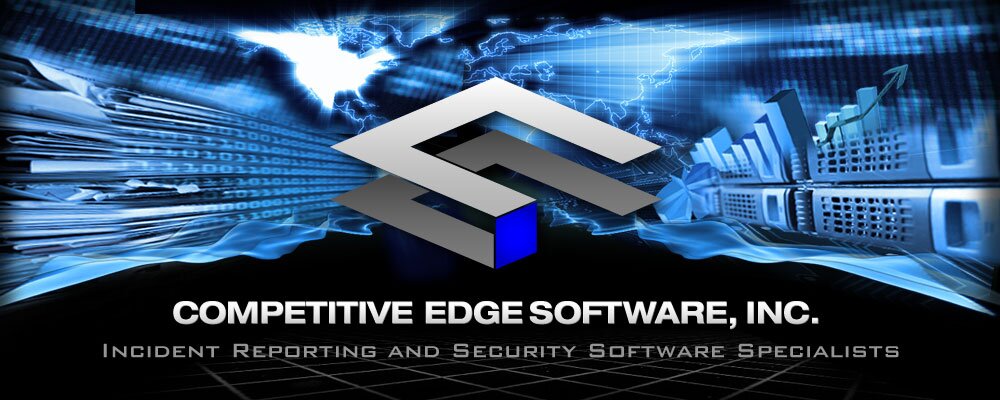
Custom LMS Development: a Step-by-Step Guide
What Is Custom LMS?
A Custom Learning Management System (LMS) is a platform specifically designed to meet the individual needs of an organization. This can include customizing features, functionality, and user interface design based on the organizationís requirements.
Since each company has different needs, customization can be a useful way to create a learning platform that is tailored to their specific requirements. To develop a custom LMS, organizations typically need to work with developers who specialize in this type of technology or have experience building custom applications.
The process for developing a custom LMS typically starts with understanding an organizationís needs and goals for the system. Once these are determined, developers create an application architecture or framework and begin coding it into reality.
This includes creating both frontend and backend elements as well as any additional integration required, such as with third-party software or databases. Throughout this process, testing should be done regularly to ensure that the system is working properly before itís deployed into production environments. Finally, after all development is complete and any necessary training has been provided, users can begin using the new system immediately.
Steps to Developing a Custom LMS
- 1. Assess existing learning management system needs and capabilities.
Before beginning the process of customizing any existing LMS, you should assess your current system's features and capabilities to determine where customization is necessary. Consider all of the features being used by your organization, such as content delivery, assessments, tracking of learner progress, etc., to decide which areas require modification or additional development. - 2. Select a development platform.
After assessing your needs, you'll need to select a platform for developing the custom LMS. Popular platforms include WordPress and Drupal, but there are also other open-source options available if those don't meet your requirements. Consider ease of use when selecting one that works best for your teamís skillset and budget constraints. - 3. Develop the interface design.
User experience should be at the forefront when designing an effective custom LMS interface; it should be intuitive enough to allow users access without requiring extensive training or technical know-how in order to navigate it successfully. This can involve incorporating graphics that reflect branding while still providing an uncluttered user experience with clear directions on how to use each feature within the system.
Challenges & Considerations
One of the primary challenges in custom LMS development is planning and designing the system. It can be difficult to decide how the system should be structured, what features it should include, and how it should interact with other systems. Additionally, when making changes or adding new features to an existing system, developers need to consider how those changes will affect the overall performance and user experience.
Another major challenge is cost management. Depending on the size of an organization's budget, developing a custom LMS can require significant upfront investments and ongoing maintenance costs.
Organizations must weigh whether these costs are worth pursuing given their specific needs and goals for their learning platform. Finally, companies must also plan for potential unanticipated expenses related to research and development or additional third-party integrations as they scale their LMS operations over time.
Finally, security considerations are essential when developing a custom LMS as any data stored within it likely contains sensitive information that must remain protected from unauthorized access. Developers need to take into account measures such as encryption protocols, authentication procedures, data backup processes, resource allocation and access control mechanisms throughout all stages of the development process in order to ensure that user data remains secure at all times.
Budget and Time Frame
Budgeting for custom LMS development is important to consider since it requires a large financial investment. The costs vary depending on the complexity of the project, such as the number of software components and integrations.
When developing a custom LMS, it's important to have an accurate estimate of how much the project will cost so that you can plan accordingly. This includes not only budgeting for upfront costs, but also for ongoing maintenance and other expenses.
The time frame for custom LMS development also needs to be taken into account when planning. It's best to work with a development team that can provide an accurate timeline and let you know when certain milestones need to be completed in order to keep the project on track. Depending on the size and complexity of your project, this could take anywhere from weeks to months or even years in some cases. Itís essential that both parties are aware of any potential delays or risks that may arise throughout the process and how they will affect overall completion time frames so solutions can be identified quickly if needed.
Conclusion: Reap the Benefits
Once youíve completed your custom LMS development project, itís time to reap the rewards. Your new system will provide a number of benefits, including improved efficiency and better user experience. With the help of an experienced software provider, you can ensure that all your desired features are included in the finished product for maximum effect.
You should also consider how to leverage your custom LMS software for even more value. The data collected from its use should be analyzed and used to identify areas for improvement and update strategies accordingly. This will allow you to stay ahead of trends in the field, as well as gain insight into what is working best with regards to education delivery. Additionally, you may be able to open up revenue streams by selling or licensing access to your custom LMS solution Ė providing another avenue for returns on investment.
Overall, completing a successful custom LMS development project can be immensely rewarding when done right. With careful planning and guidance from experts in the field, this process can result in a powerful tool capable of bringing value both now and into the future.
